Important to know!
Slowly introduce unfamiliar plants or amounts into the diet to prevent digestive problems.
This is especially for animals who, up to this point, have been given fresh food in rations. This is because they tend to eat too fast and in too large an amount. Usually the migration works with many small portions given separately over the course of the day. Over time you should slowly increase the volume of each portion.
Fruits
Feed rarely due to their high sugar content. Can be fed as a treat, eg. once a week a slice of apple.
Unsuitable fruits: Eg. exotic fruits (lychee, avocado).
Stonefruit: Fed rarely as a treat. Remove the stones as they contain prussic acid. High sugar fruits like nectarines and plums can cause diarrhea.
Apple
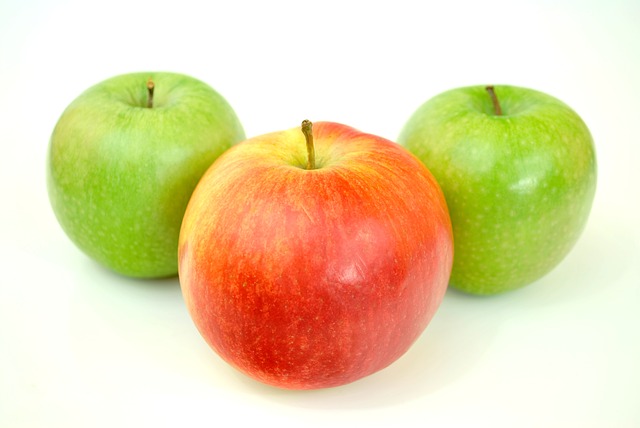
Feed very rarely, in small amounts. Can be given daily after slowly introduced. Well tolerated. Remove the seeds. Rich in minerals.
![]() Helps with: diarrhea & digestive problems.
Helps with: diarrhea & digestive problems.
![]() Avoid when: intestinal parasites.
Avoid when: intestinal parasites.
Apricot

Feed rarely (1-2 times a week) and in small amounts. Remove the stone. High in sugar.
![]() Avoid when: intestinal parasites.
Avoid when: intestinal parasites.
Banana

Feed very rarely. Very high in sugar. May lead to constipation.
![]() Helps with: weight gaining.
Helps with: weight gaining.
![]() Avoid when: want to lose weight & intestinal parasites.
Avoid when: want to lose weight & intestinal parasites.
Blackberry

Feed rarely (1-2 times per week). Entire plant is edible. Rich in vitamin C & vitamin A.
![]() Helps with: summer heat & inflammation. Leaves are good to help against blocked airways.
Helps with: summer heat & inflammation. Leaves are good to help against blocked airways.
Blueberry
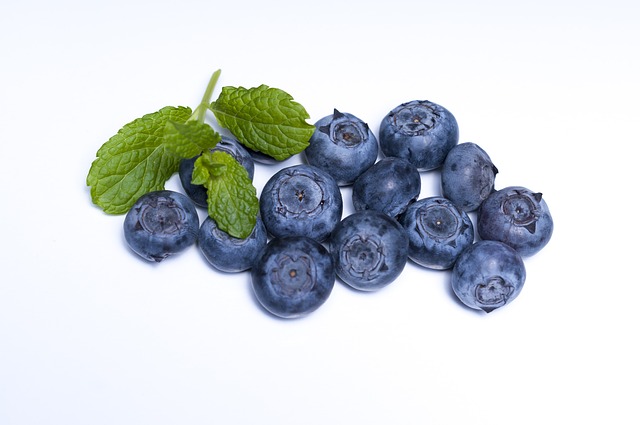
Feed rarely (1-2 times per week). Whole plant is edible. Dried form is also edible. Rich in minerals.
![]() Helps with: against diarrhea & inflammation.
Helps with: against diarrhea & inflammation.
Cherry

Feed rarely (1-2 times per week). Remove the stalk & stone. High sugar content.
![]() Avoid when: intestinal parasites.
Avoid when: intestinal parasites.
Cranberry
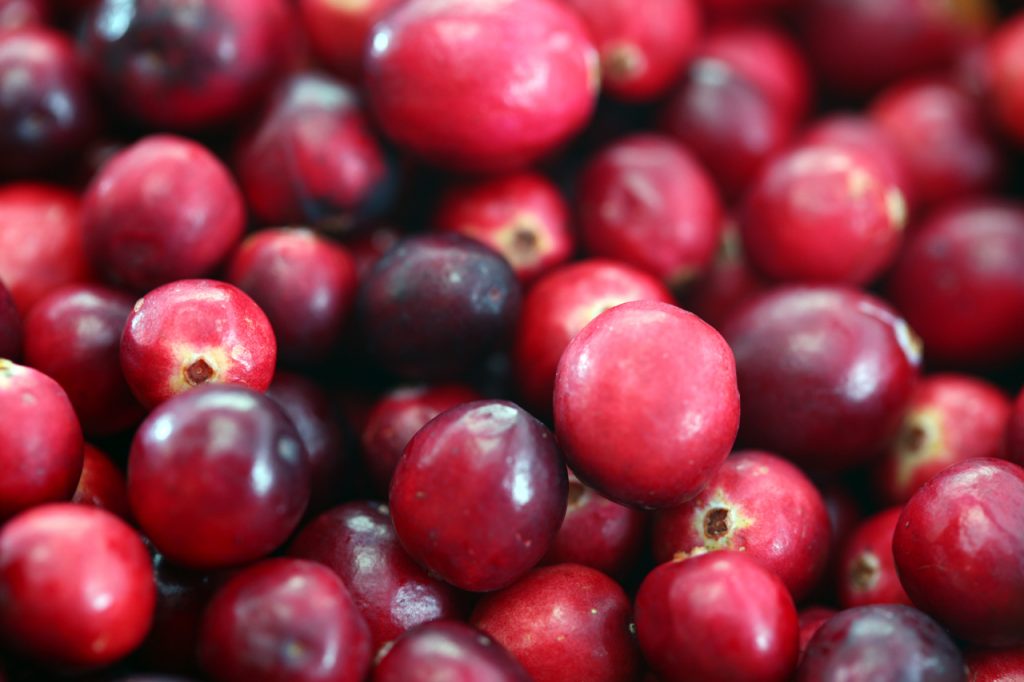
Feed rarely (1-2 times per week). Dried form is also able to be fed. Rich in vitamins.
![]() Helps with: boosting the immune system, bladder inflammation, bladder problems & kidney problems.
Helps with: boosting the immune system, bladder inflammation, bladder problems & kidney problems.
![]() Avoid when: intestinal parasites.
Avoid when: intestinal parasites.
Currant (black & red)
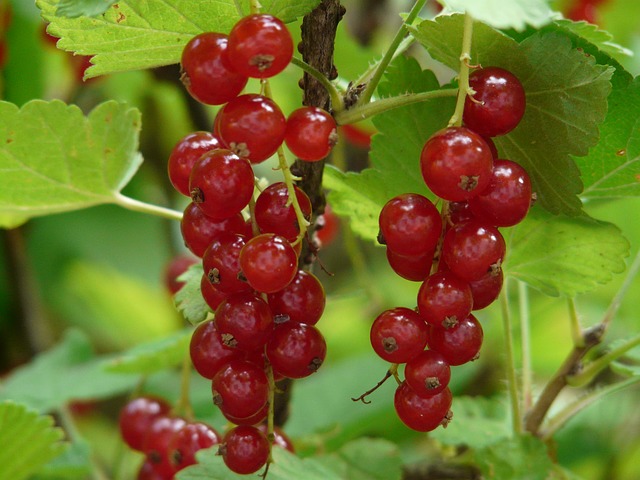
Feed rarely (1-2 times per week). The whole plant is edible. Rich in vitamin C. Can discolour the urine. Black currant is high in sugar.
![]() Helps with: boosting the immune system, bladder problems & kidney problems.
Helps with: boosting the immune system, bladder problems & kidney problems.
Fig

Feed rarely (1-2 times per week). Dried form is also edible. When dried has very high level of sugar. Rich in vitamin B & minerals.
![]() Avoid when: want to lose weight, intestinal parasites & diarrhea.
Avoid when: want to lose weight, intestinal parasites & diarrhea.
Grape
Feed rarely (1-2 times per week). Dried form (high in sugar) also edible.
![]() Avoid when: want to lose weight, diarrhea & intestinal parasites.
Avoid when: want to lose weight, diarrhea & intestinal parasites.
Honeydew Melon

Feed rarely (1-2 times per week). High sugar content. Remove seeds.
![]() Helps with: summer heat.
Helps with: summer heat.
![]() Avoid when: intestinal parasites & diarrhea.
Avoid when: intestinal parasites & diarrhea.
Kiwifruit
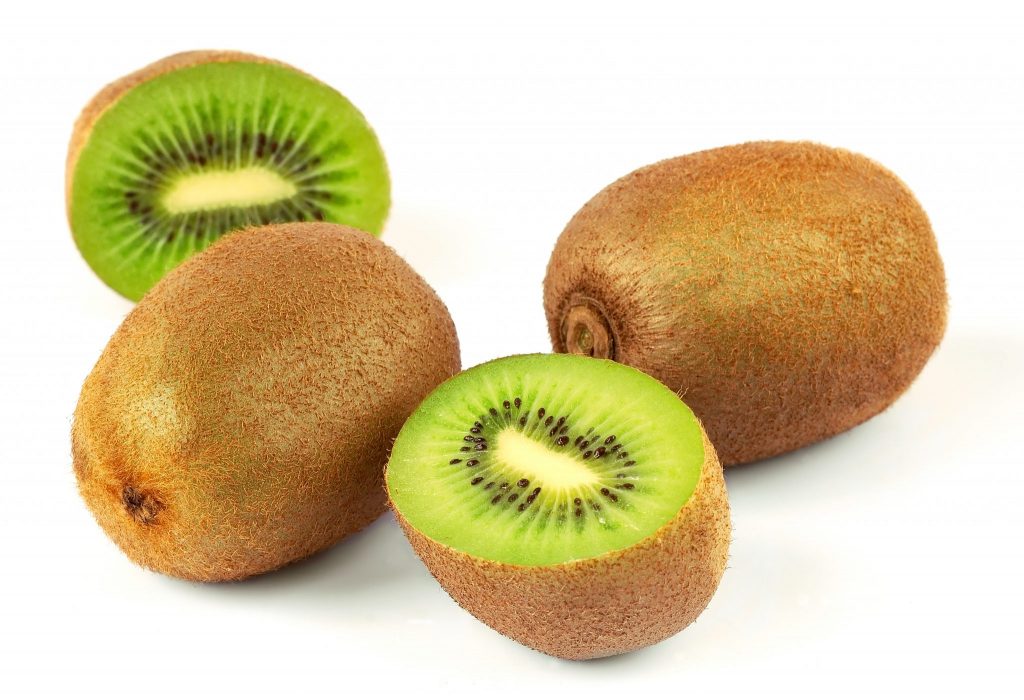
Feed rarely (1-2 times per week). High sugar content. Rich in vitamins. “Kiwi gold” is not edible.
![]() Helps with: boosting the immune system.
Helps with: boosting the immune system.
![]() Avoid when: intestinal parasites.
Avoid when: intestinal parasites.
Mandarin

Feed rarely (1-2 times per week). Rich in vitamins. High sugar content. Must always peel the skin.
![]() Helps with: boosting the immune system.
Helps with: boosting the immune system.
![]() Avoid when: intestinal parasites.
Avoid when: intestinal parasites.
Mango

Feed rarely (1-2 times per week). Remove the stone. High sugar content. Rich in vitamin C.
![]() Avoid when: intestinal parasites.
Avoid when: intestinal parasites.
Mirabelle Plum

Feed rarely (1-2 times per week). Remove the stone. High sugar content.
![]() Avoid when: intestinal parasites.
Avoid when: intestinal parasites.
Nectarine

Feed rarely (1-2 times per week). Remove the stone. Rich in vitamins.
![]() Avoid when: intestinal parasites.
Avoid when: intestinal parasites.
Orange
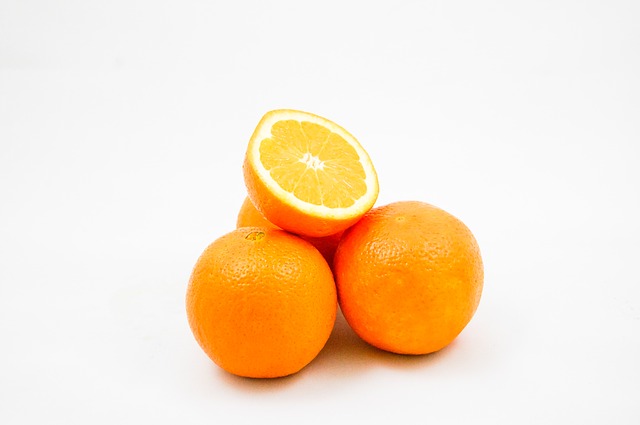
Feed rarely (1-2 times per week). Acidic. Must peel the skin. Rich in vitamin C.
![]() Helps with: boosting the immune system.
Helps with: boosting the immune system.
![]() Avoid when: diarrhea & intestinal parasites.
Avoid when: diarrhea & intestinal parasites.
Peach
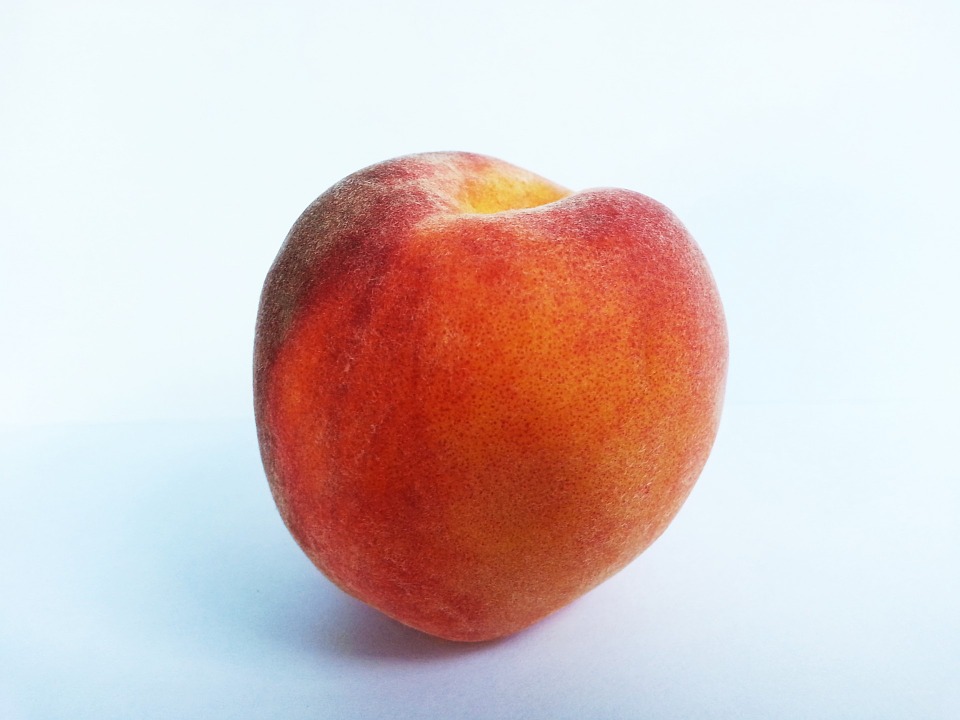
Feed rarely (1-2 times per week). Must remove the stone. High sugar content. Rich in vitamins.
![]() Avoid when: intestinal parasites.
Avoid when: intestinal parasites.
Pear

Feed rarely (1-2 times per week). High in sugar. Remove the seeds.
![]() Helps with: bladder problems & kidney problems.
Helps with: bladder problems & kidney problems.
![]() Avoid when: want to lose weight & intestinal parasites.
Avoid when: want to lose weight & intestinal parasites.
Pineapple
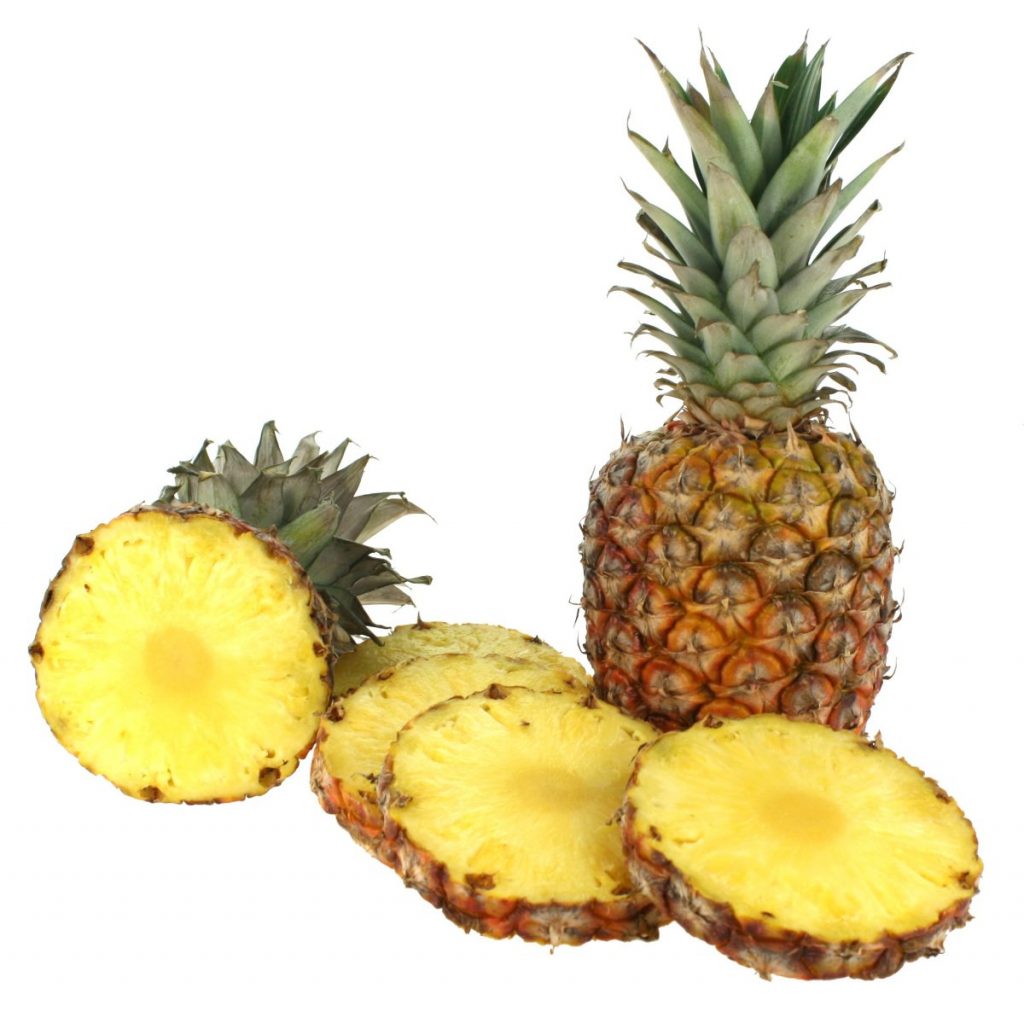
Feed rarely (1-2 times a week) and in small amounts. Rich in vitamins. High in sugar. Must always peel the skin.
![]() Helps with: boosting the immune system.
Helps with: boosting the immune system.
![]() Avoid when: intestinal parasites.
Avoid when: intestinal parasites.
Plum
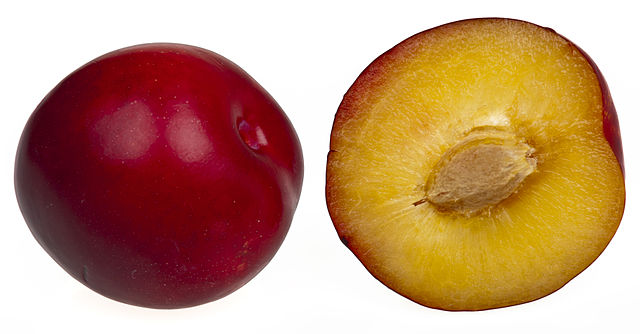
Feed rarely (1-2 times per week). Must remove the stone. High sugar content.
![]() Avoid when: intestinal parasites.
Avoid when: intestinal parasites.
Raspberry

Feed rarely (1-2 times per week). Whole plant is edible. Dried form is also edible. Low in calories. Rich in minerals.
![]() Helps with: summer heat, lack of appetite, diarrhea (dried form) & leaves help during pregnancy.
Helps with: summer heat, lack of appetite, diarrhea (dried form) & leaves help during pregnancy.
Rose Hip

Feed rarely (1-2 times per week). Dried form is also edible. Rich in vitamin C.
![]() Helps with: boosting the immune system, bladder problems & kidney problems.
Helps with: boosting the immune system, bladder problems & kidney problems.
Strawberry
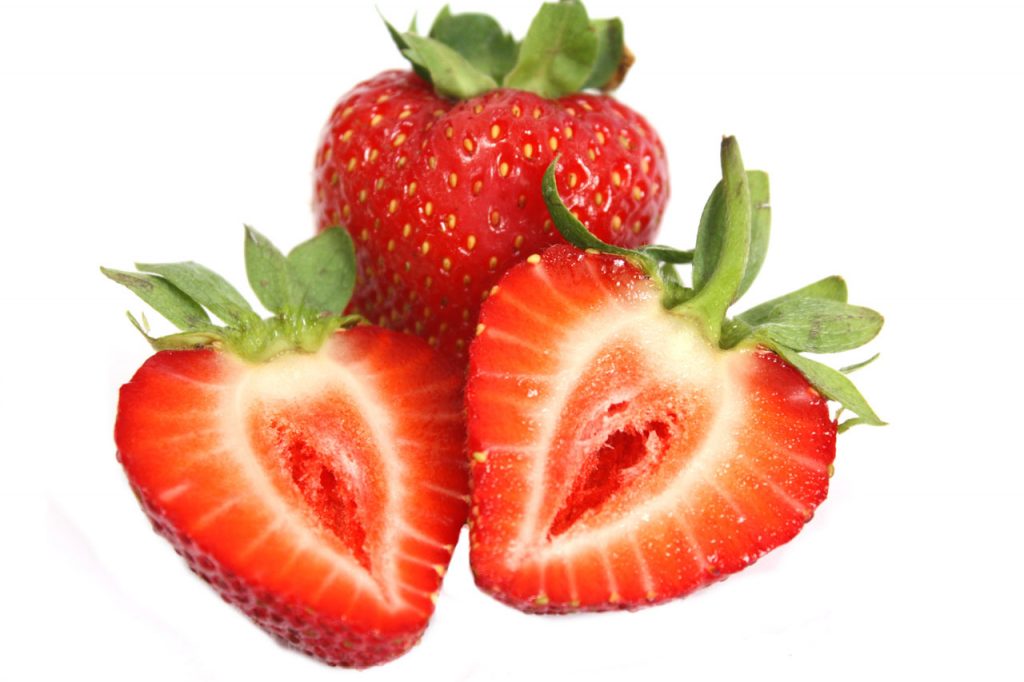
Feed rarely (1-2 times per week). Whole plant is edible. Rich in vitamins. High water content.
![]() Helps with: bladder problems & digestive problems.
Helps with: bladder problems & digestive problems.
Watermelon

Can be given, in Summer, 2-3 times a week after slowly introduced. Low in calories. High water content.
![]() Helps with: summer heat.
Helps with: summer heat.
![]() Avoid when: diarrhea.
Avoid when: diarrhea.
